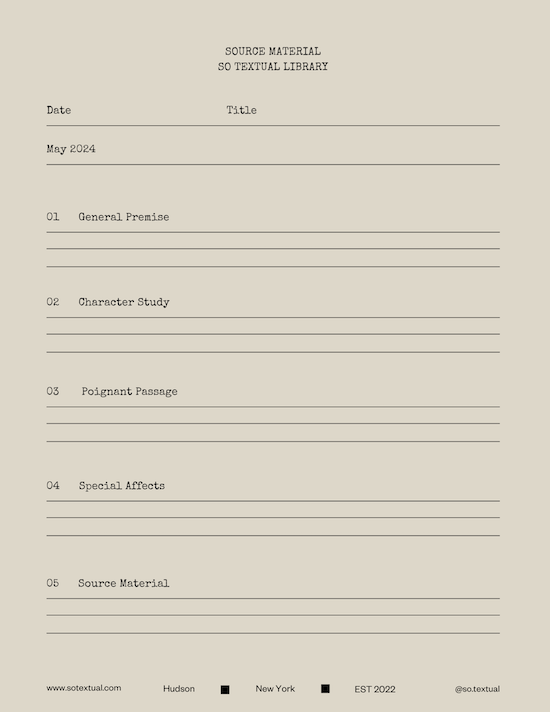What Resonated Most
Gatsby’s obsession with the green light felt different to me this time around. It wasn’t just about Daisy—it was about the way we all keep reaching for things we’ve already decided we can never have. That tension between wanting and knowing it’s just out of reach—that’s what stayed with me. The green light isn’t just Gatsby’s dream; it’s the way time dilutes and distorts everything we think we want. It made me think about all the things I’ve longed for without ever asking why.
The green light isn’t about hope—it’s about longing. It’s about how the things we chase say more about us than about the objects themselves. Use it as a shorthand in conversation: “What’s your green light?” It’s an invitation to reflect on what drives people—and what they might be running from.
What It Stirred in Me
There’s a loneliness that runs through every page of this book, even in the party scenes. Maybe especially there. It’s the kind of loneliness that comes from trying to connect but never quite finding the right frequency. It made me think about all the ways we use beauty, wealth, and charm to shield ourselves from being truly seen. Gatsby’s world is full of glittering surfaces, but underneath, everyone feels like they’re standing on quicksand. By the end, I felt haunted—not by what happened to Gatsby, but by how much he reminded me of the ways we all try to build meaning out of the impossible.
Gatsby isn’t just a character; he’s an archetype—the dreamer, the illusionist, the architect of his own downfall. His story is a reminder to look past the shimmer and ask what’s real. The next time you’re in a conversation about ambition or nostalgia, bring up Gatsby. He’s proof that sometimes our biggest dreams are the ones that undo us.
A Line I Can’t Forget
“So we beat on, boats against the current, borne back ceaselessly into the past.”
It’s one of those lines that feels almost sacred, like it holds the whole book in its rhythm. The inevitability of it stayed with me—the way we can’t help but try to push forward, even though the past keeps pulling us back. It made me think about my own currents, the things I keep returning to even when I know I should let them go.
This line is Gatsby in a single breath. It’s about time, desire, and the impossibility of truly moving on. Drop it into a conversation when you’re talking about memory, history, or even personal growth. It’s the kind of quote that makes people stop and think—and realize how much it applies to their own lives.
The Biggest Takeaway
What struck me this time wasn’t Gatsby’s ambition but his refusal to stop believing in it, even as it unraveled him. His story isn’t a tragedy because he failed—it’s a tragedy because he couldn’t see that he’d already lost. What I’ll take with me is the way Fitzgerald captures that dissonance: how hope can be both the thing that keeps us going and the thing that destroys us. Gatsby isn’t a hero or a fool—he’s both. And that’s what makes him unforgettable.
The Great Gatsby is a cautionary tale wrapped in beauty. It’s about ambition, yes, but it’s also about the lies we tell ourselves to keep going. Use it as a touchstone when you think about dreams—yours, or someone else’s. Ask yourself: are you chasing the dream, or are you chasing the feeling it promises? There’s a difference, and Gatsby knew it too late.
This is how we do it at So Textual.


